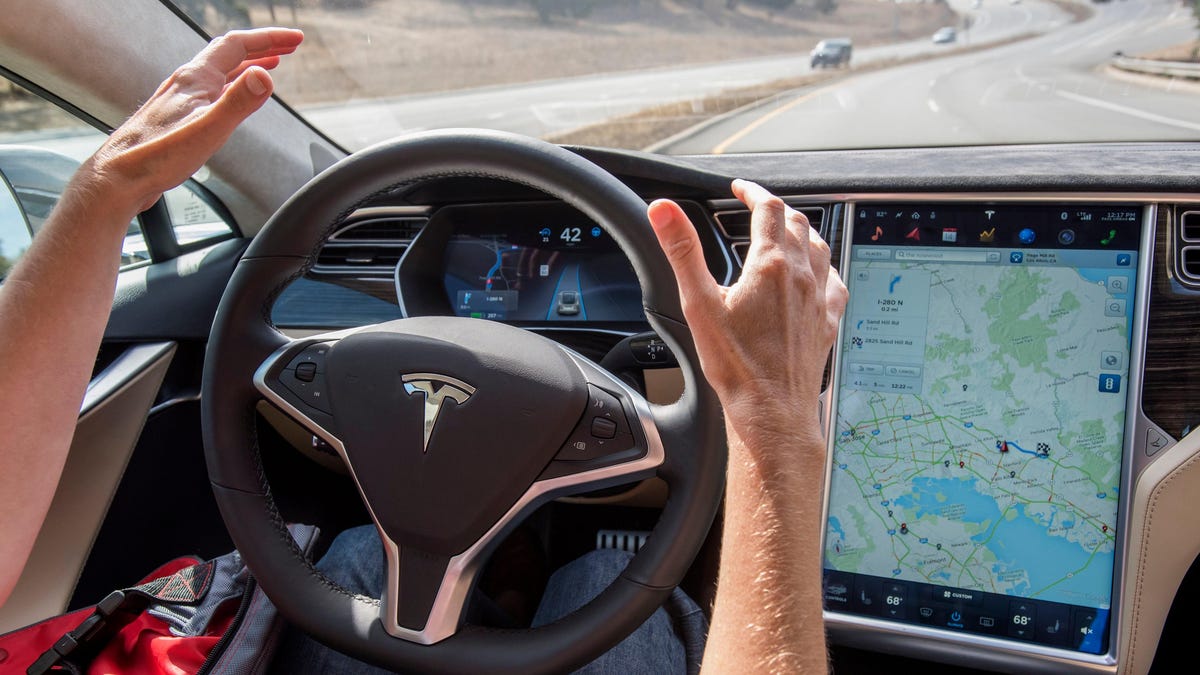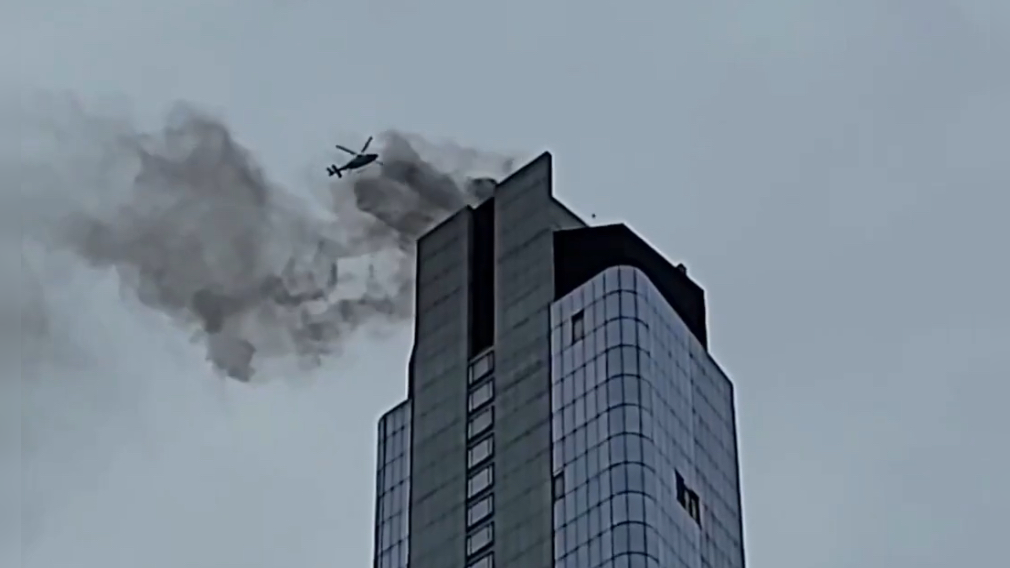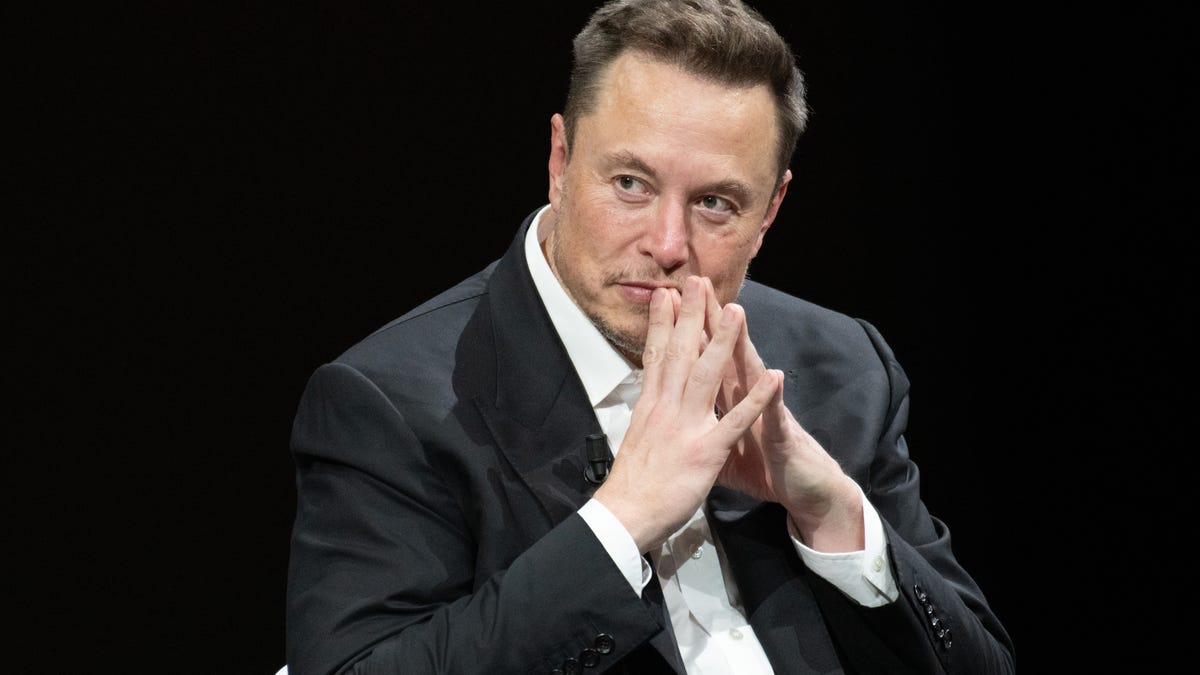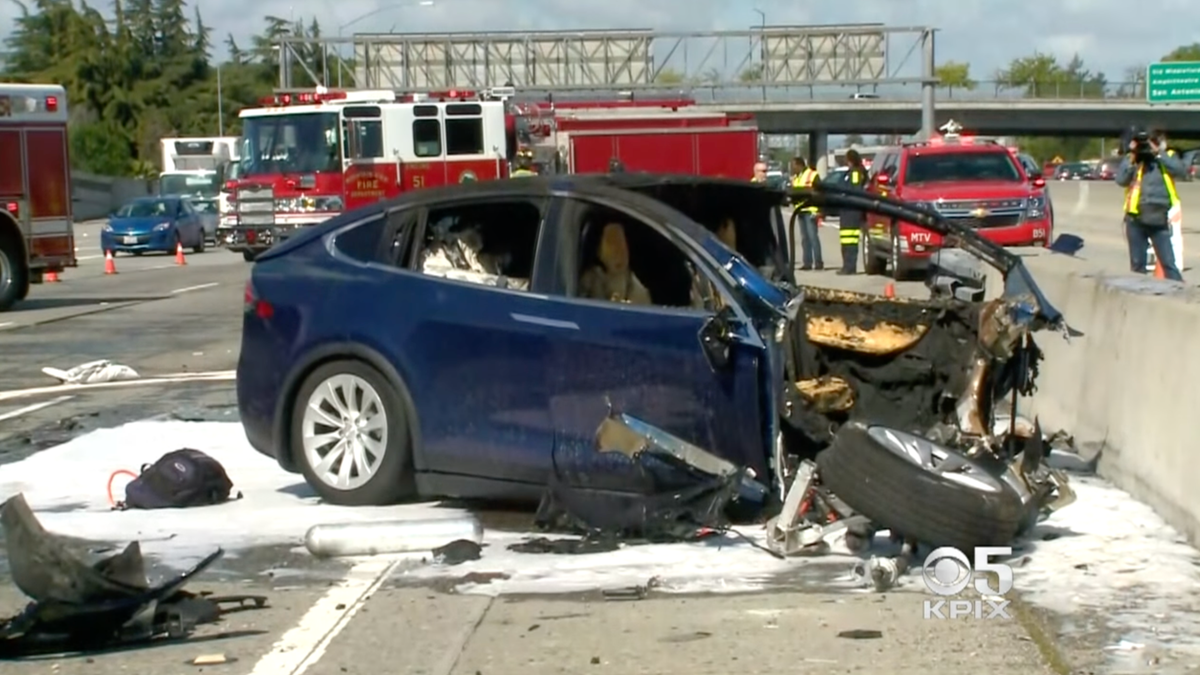Tesla Faces Court Battle Over Self-Driving Capability Claims
A federal judge in California ruled on Wednesday that Tesla must defend itself in court against a customer who is seeking to initiate a class-action lawsuit against the company for purportedly misleading claims regarding the self-driving capabilities of its vehicles.
According to Bloomberg, Thomas LoSavio purchased a Tesla in 2017 and opted to pay an additional $8,000 for the full self-driving (FSD) feature. The previous year, Tesla’s CEO Elon Musk declared that the company’s cars would soon possess the ability to autonomously travel from New York to Los Angeles without any intervention from drivers. However, this promise continuously deferred into the distant future.
LoSavio alleges that Tesla engaged in a methodical pattern of deception over an extended period. With considerable plausibility and detail, he asserts that he relied on these assertions prior to purchasing his vehicle,” noted Judge Rita F. Lin of the Northern District of California.
Recounting the narrative of Tesla’s FSD assertions, Judge Lin described a sequence of progressively detailed claims by Elon Musk following LoSavio’s vehicle acquisition. Musk iteratively articulated future advancements, each year suggesting imminent achievements in automation. For instance, in April 2017, Musk purportedly announced that Tesla owners could sleep during their car journeys within two years. Subsequently, Musk projected over a million autonomous taxis by 2020 and expressed strong confidence in attaining SAE Level 5 autonomy in 2021 based on technical projections and beta versions.
In 2018, a Tesla driver tragically perished after the autopilot feature guided him into a highway barrier. Tesla recently settled a lawsuit stemming from this incident. Despite Musk’s claim of unveiling a fully autonomous taxi in August, analysts at Deutsche Bank cautioned that the technology was not yet prepared. Customers who experimented with FSD following its complimentary trial reported incidents of vehicles colliding with curbs. Recent reports also indicated that the Justice Department was investigating whether Tesla’s FSD declarations could constitute securities fraud.
Initially initiated in 2022 by LoSavio alongside four co-plaintiffs, the lawsuit aimed at a broader class-action. However, a previous judgment by Judge Haywood S. Gilliam, Jr. required customers to resolve disputes through Tesla’s arbitration agreements. Subsequently, Judge Lin allowed LoSavio to revise his complaint, disregarding Tesla’s assertions that the case was nearing conclusion.
Lin stated, “Tesla did not repeat identical falsehoods persistently; instead, it purportedly misled about its advancements gradually and with escalating specificity over time.” Consequently, Tesla’s stock experienced a 2% decline in trading on Wednesday, contributing to its 30% year-to-date drop.
Image/Photo credit: source url





